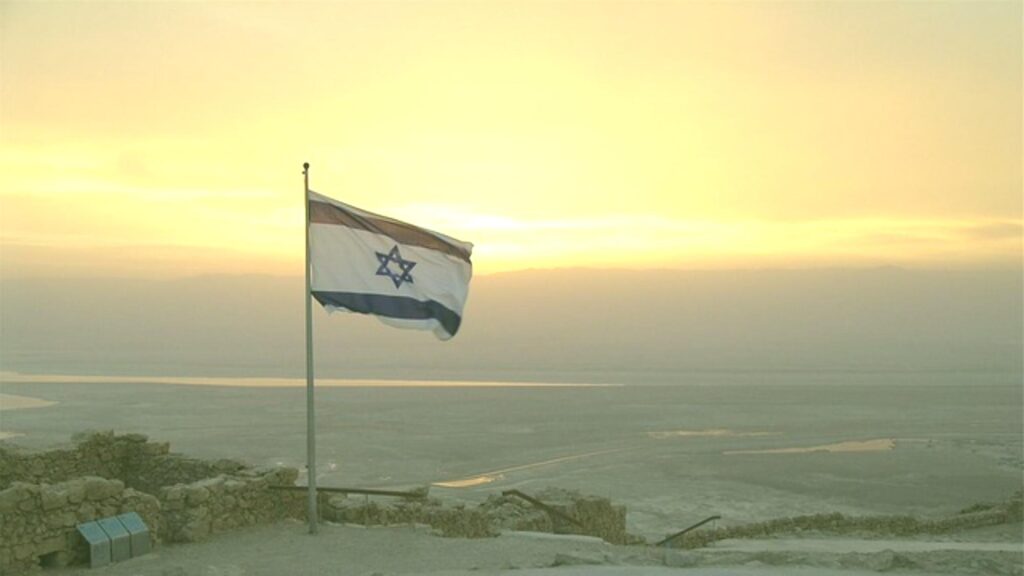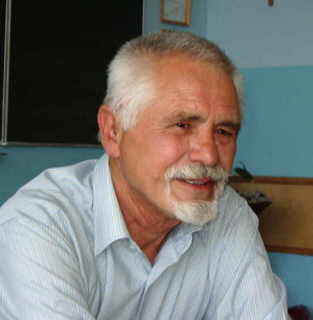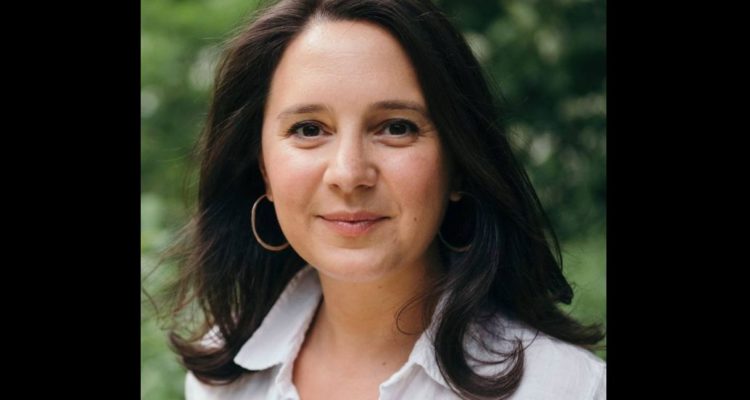 Why liberal Jews didn’t support their cause in the World Zionist Congress
Why liberal Jews didn’t support their cause in the World Zionist Congress
DAVID ELIEZRIE
The deeper issue is what the US Zionist election can tell us about current and relevant challenges facing the Jewish people.

The 38th World Zionist Congress convenes on October 20. This congress will be different than its predecessors. For the first time since the original 1897 convention in Basel led by Theodor Herzl, the coalition majority will be made up of religious and right-wing parties.
In the last two decades, the congress has been dominated by the growth of delegates from the liberal American Jewish movements. From the 525 international representatives, 155 come from the US. In previous elections, the Reform and Conservative movements won most of the seats, and with it the influence and control of significant budgets of the organizations controlled by the congress. They parlayed their US electoral victory, via Israeli-style coalition agreements, into power over the central Zionist institutions: the Jewish Agency, Keren Kayemeth LeIsrael-Jewish National Fund, the Zionist Organization of America, and Keren Hayesod.
But this year, things are very different. The religious-Zionist Mizrachi Party upped its game and increased its votes significantly. Eretz Hakodesh, a new traditional Orthodox-Zionist party, emerged to become the third-largest US party at the WZC. Other traditional and right-wing parties such as ZOA also won many seats.
While many will focus on this historic power shift, the deeper issue is what the US Zionist election can tell us about current and relevant challenges facing the Jewish people.
Despite impressive campaigns and a major expenditure of financial and human resources, the liberal movements were unable to motivate more than 3% of their members to participate in the election. And if you count the number of Jews who identify with these movements – not just formal members – then that percentage is even lower. That means that 97% of Reform and Conservative Jews were not motivated enough by the calls and emails they received, the daily Facebook ads on their feeds, and the pleas from their rabbis and leaders at the pulpit, to take five minutes, go online and cast a vote for their community.
Here’s why: The liberal American Jewish campaign was based on advocating for what they labeled “religious freedom” in Israel. This refers to the effort to change Israel’s religious status quo and increase funding to their movements. To motivate their base, they created a major controversy over the space for women at the Western Wall.
Who can forget the painful headlines of Jew vs. Jew at our holiest site? The Conservative campaign featured a video urging their members to “stand strong in the face of religious zealots.” Time and again, liberal Jewish leaders declared that relations between Israel and Diaspora Jewry were in a crisis, that if Israelis didn’t change policies at the Wall or the Chief Rabbinate, or toward the Palestinians, we would see a historic split between US Jewry and Israel.
If this was the issue that US liberal Jews see as paramount, one would expect their members to have flocked to their computers, spend the few moments needed, pay the minimal $7.50 fee and propel that agenda forward in Israel. But they did not.
That is because the conflict over the Western Wall and the religious status of the liberal movements in Israel are not the real reason for the division. It’s deeper and much more fundamental.
THE REAL crisis in US Jewry is that Jews are becoming less and less educated about Judaism and Israel. Birthright tour leaders tell me that 10 years ago, students arrived with at least a modicum of knowledge about Judaism and Israel. Today, many come knowing nothing. This is echoed by campus rabbis across the US who report that freshmen students lack the basics about their heritage. And it’s because of that lack of knowledge that Judaism is so much less important to them. And that means Israel as the Jewish homeland is also less important to them.
They also don’t recognize the importance of Israel and don’t fear antisemitism as experienced by Jews in some European countries. The Holocaust is a distant memory. So they feel safe and secure and Israel is not significant to them. Couple that with the fact that many Reform and Conservative rabbis use their once-a-year opportunity of the High Holy Day sermons to point at the flaws of modern Israel. Instead of bolstering the connection to Israel, the liberal leadership weakens it by highlighting its criticisms. The result is, due to a lack of knowledge or interest, American Jews just don’t care.
This isn’t happening in other countries where the liberal Jewish movements aren’t as active. Compare US Jewry with the UK and Australia. No one there speaks about a crisis between their communities and Israel. In fact, 90% of British Jews have visited Israel, while 69% of US Jews have not. 69% of Australians say they are Zionists.
A variety of reasons have caused this. Foremost, 69% of Jewish youths in the UK and 85% in Australia attend Jewish day schools. In the US, outside of the Orthodox community, the number is in the single digits. Also, their rabbis are predominantly Orthodox, even if the congregations aren’t fully observant, and while these rabbis may disapprove of some Israeli policies, they tend to focus on the positive aspects of Israel. Finally, these counties have a stronger Zionist tradition.
So, clearly, the crisis is not about the policies at the Western Wall. If it was, why did 97% of liberal Jews not vote in an election that would help advance their agenda? The real problem is the lack of Jewish education in the US.
I urge my liberal friends, who are passionate about their views on issues such as the Chief Rabbinate, to focus on the true challenges we face as people. There is a theological divide between the Reform and Conservative movements and the Orthodox. And let’s not fool ourselves, these deep differences are not going away. However, that is not our top priority.
Let’s put our time and resources into building a strong bond between every Jew and Israel. Let’s educate kids and adults to know that since the days of Abraham, Israel has been the homeland for the Jewish people. Let’s inspire them with the remarkable accomplishments of modern Israel as a great center of innovation and technology with an extraordinary robust – if imperfect – democracy. Most importantly, let’s expose American Jews to the great depth of Jewish learning that tells the story of the unique spiritual qualities of a land divinely given to the Jewish people.
Rabbi David Eliezrie is the president of the Rabbinical Council of Orange County, California. His email is rabbi@ocjewish.com.
Zawartość publikowanych artykułów i materiałów nie reprezentuje poglądów ani opinii Reunion’68,
ani też webmastera Blogu Reunion’68, chyba ze jest to wyraźnie zaznaczone.
Twoje uwagi, linki, własne artykuły lub wiadomości prześlij na adres:
webmaster@reunion68.com






